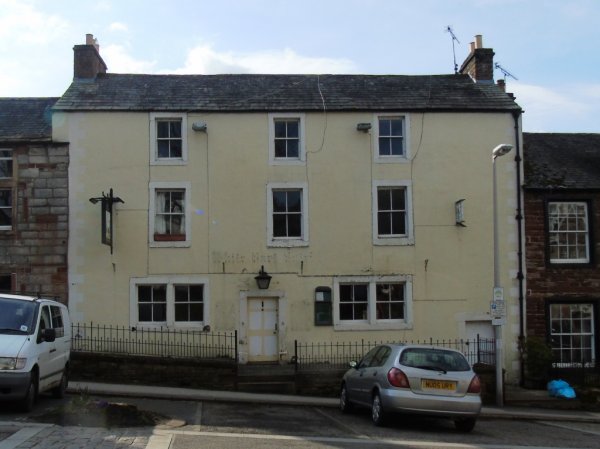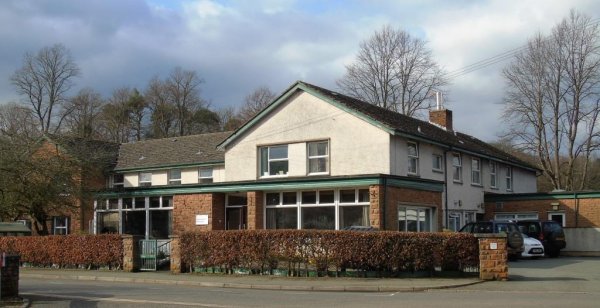May 9th 2017, 11:21
Blog 9th May 2017
The recent joint report by the Communities and Local Government and Department for Work and Pensions Committees on the future of supported housing has concluded that the government’s plans to use Local Housing Allowance rates to cap housing benefit in supported housing are an ‘inappropriate starting point’ for the new funding model. It recommends an alternative approach of a new supported housing allowance, banded to reflect the actual cost of different types of provision.
I have written a briefing paper on this report that summarises and provides commentary on the report. Your copy can be freely downloaded from HERE
I often wonder whether we have the right priorities when it comes to spending public money.
For example, an interesting statistic that I came across recently is from Oliver Moody who is the science correspondent at the ‘Times’. He wrote that in 2015 ‘the average farm made £2,100 from agriculture and £28,300 from subsidies’ and that farmers in Britain received £2.1billion in direct payments under the Common Agricultural Policy. It appears to me that ‘Brexit’ should provide an opportunity to address this situation to create a position where farmers make a living from selling agricultural products rather than by claiming grants; and to divert these resources into essential public services such as health, social care and housing.
Another example is provided by Historic England that has announced ten ‘Heritage Action Zones’. The purpose of these schemes is to ‘unleash the power in England's historic environment to create economic growth and improve quality of life in villages, towns and cities’. One of the Action Zones is Appleby-in-Westmorland where I live. A budget of £1.6million has been allocated to deliver 22 projects over five years. According to the ‘Cumberland & Westmorland Herald’:
“Projects including repairs to key buildings and assets will see money put into repairing the recently boarded up White Hart Hotel. Grants will also be given for work on the Appleby Castle.”


White Hart Hotel, Appleby Edenside Residential Care Home, Appleby
I would question whether these priorities are appropriate. The White Hart Hotel and Appleby Castle are both privately owned businesses. Should public money be used to subsidise private businesses that fail to maintain their assets properly? Or should public money be used to fund public services? Cumbria County Council has recently closed Appleby’s only residential care home because of lack of funds. Do we need to re-think our priorities?
According to a recently published study by Oxfam, the eight richest men in the world now own more than the entire poorer half of the world population combined. I think this is a shocking statistic. I am all in favour of people being able to enjoy the full fruits of their labour and enterprise but surely inequality on this scale is hard to justify. Surely a relatively small redistribution of wealth and income could make a massive difference to the amount of poverty in the world.
A service that local authorities often ask us to provide is a ‘health check’ on the housing revenue account. I have added a page to our website that describes the assistance that we can provide in this area. For more information, please click HERE
I have updated the page on our website that summarises the feedback that we receive from our seminars and in-house training. To view the page, please click HERE
Our next seminar on ‘All You Want to Know about Service Charges in Social Housing’ in England will be held in Leeds on 17th May 2017. As usual this seminar is proving popular but there are still some places available. For more information or to make a booking please click HERE